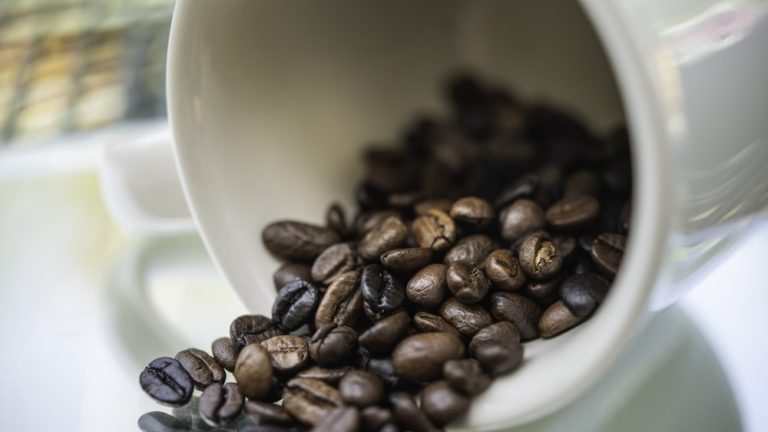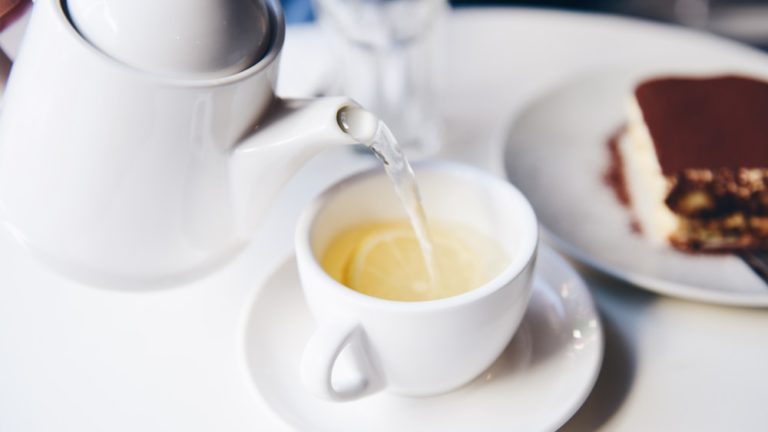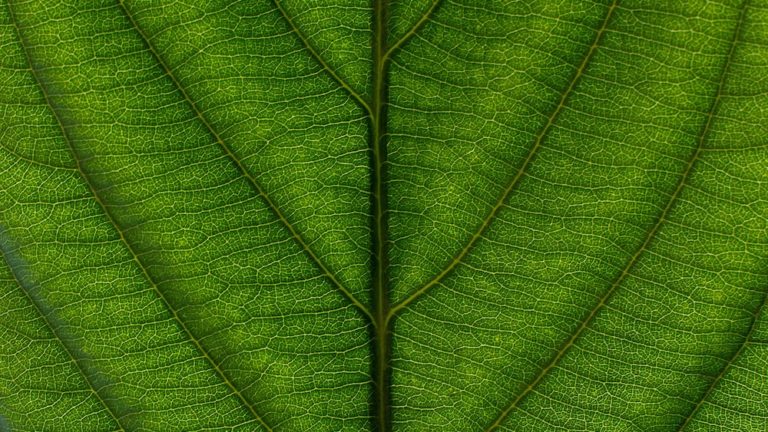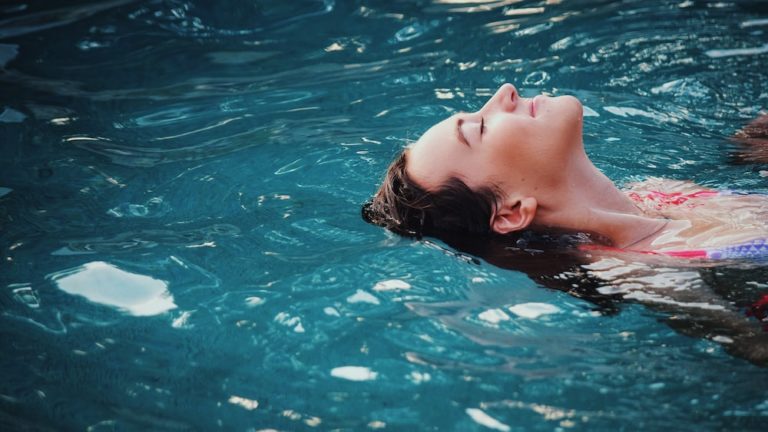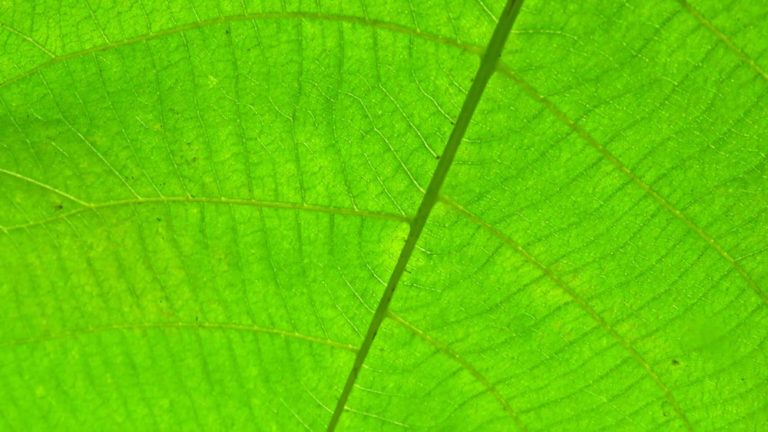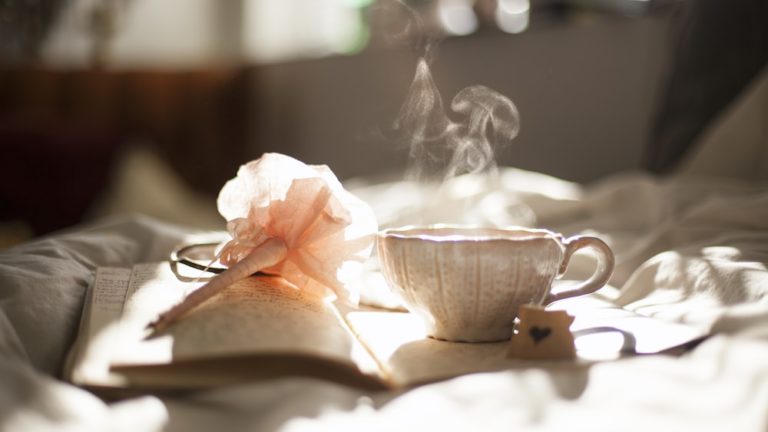Does Boba Tea Have Caffeine? The Truth Revealed
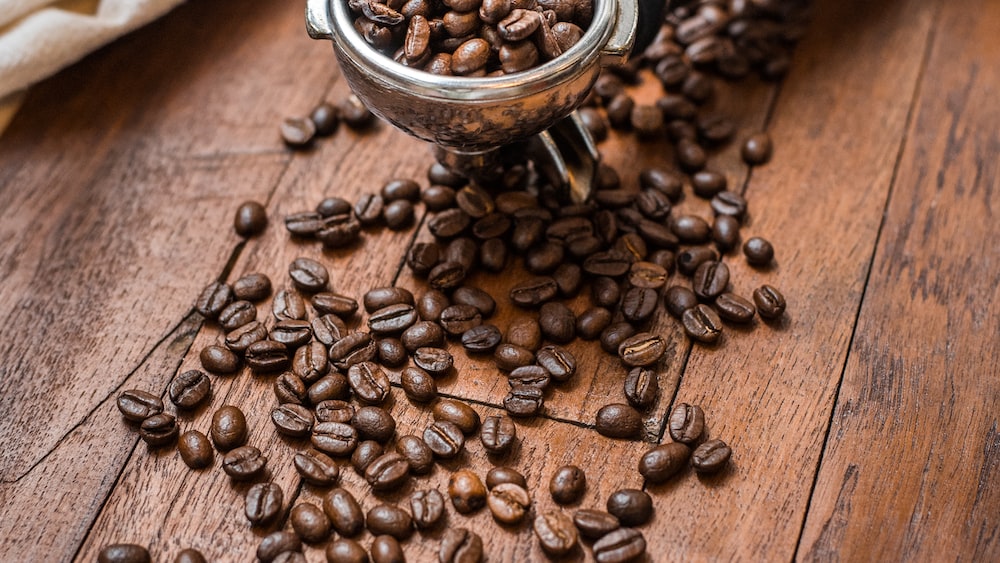
Does Boba Tea Have Caffeine? The Truth Revealed
A warm welcome to all you tea enthusiasts and health-conscious aficionados who quest for the extraordinary! Don’t you quiver in anticipation each time you saunter into your favorite tea shop, a temple of delightful beverages, pondering over the various captivating potions on the menu? Ever find yourself staring at the boba tea section, that delicious tapioca pearl-infused drink, and suddenly twitching your noses in bewilderment, wondering, “Does boba tea have caffeine?”
Well, dear readers, it’s time to extinguish this burning mystery with the cool, refreshing facts. Come, let’s embark on our expedition into the world of boba, or bubble tea, as some call it, to unearth the truth behind the caffeine content in this charmingly chewy and drink-all-at-once beverage.
In today’s light-hearted yet insightful narrative, we’ll unravel the origin of boba tea, unfurl its key ingredients, and ultimately, reveal the caffeine saga behind it. Get ready for a fun and educating brew of facts and humor!
What is Boba Tea?
Ahh, boba tea. Enchanting name, isn’t it? The name itself brings about whimsical images of plump, glossy tapioca balls waltzing around in a glass of tea. But what exactly is this bubble tea phenomenon that has gripped the world by its taste buds?
Origin and Popularity of Boba Tea
Once upon a caffeinated time, in the beautiful island of Taiwan during the 1980s, a new beverage star was born, baptized as Boba Tea. Started as a humble street stand treat, its delightful exuberance quickly boomed, stirring up a massive global popularity wave that continues to crest today. How’s that for a humble cuppa?
With its irresistibly playful ‘chew-your-drink’ concept, boba tea serves as a fascinating hook for anyone willing to go beyond the conventional. Featuring a fusion of Eastern and Western flavors, this sweet, chilled, and often fruity brew caters to a vast palate spectrum, making it an international favorite.
But wait! What on tea-rth (teehee!) makes this drink so beguiling? Let’s demystify it by sieving through the basic ingredients that brew this pearl-icious magic.
Boba Tea, a delightful and globally popular beverage, originated in Taiwan in the 1980s and captivates consumers with its unique ‘chew-your-drink’ concept and fusion of Eastern and Western flavors.
Key Ingredients of Boba Tea
Boba tea is a sensational spectacle of simplicity and balance. Essentially, it percolates down to four key ingredients: tea, milk (or sometimes non-dairy creamers), sugar (in various forms), and the star of the show, the deliciously chewy boba pearls.
The boba pearls, for which the tea is named, are heady little spheres made from tapioca starch. Steeped until they reach a perfect state of squishiness, these little pearls offer the delightful pleasure of chewing while gulping down your favorite cold or hot beverage.
Added to the brewed tea along with milk and sweetener, these pearls create the unique blend we all love. Now the question brewing in your head is probably, “Does this delightful blend I love contain caffeine?” Let’s dive in, folks!
Does Boba Tea Have Caffeine?
Is boba tea more than just an enchanting swirl of flavors and textures, complete with a real caffeine kick? Let’s spill the tea!
The Role of Tea in Boba Tea
Tea forms the foundation stone upon which the joyous boba tower is built! It contributes to the drink’s divinely refreshing flavor profile, and more importantly, acts as the caffeine courier. So, yes, my tea-curious friends, our beloved bubble/boba tea does contain caffeine due to our faithful, old pal: tea. But wait! How much of this caffeine makes it into our boba tea?
When it comes to caffeine content in Boba tea, the rabbit hole goes deeper than just the tea’s presence. The type of tea leaf, quantity, steeping time and water temperature all play a critical role. Understanding their impact can unravel the bobas of truth from the bubbles of myth when it comes to the caffeine question.
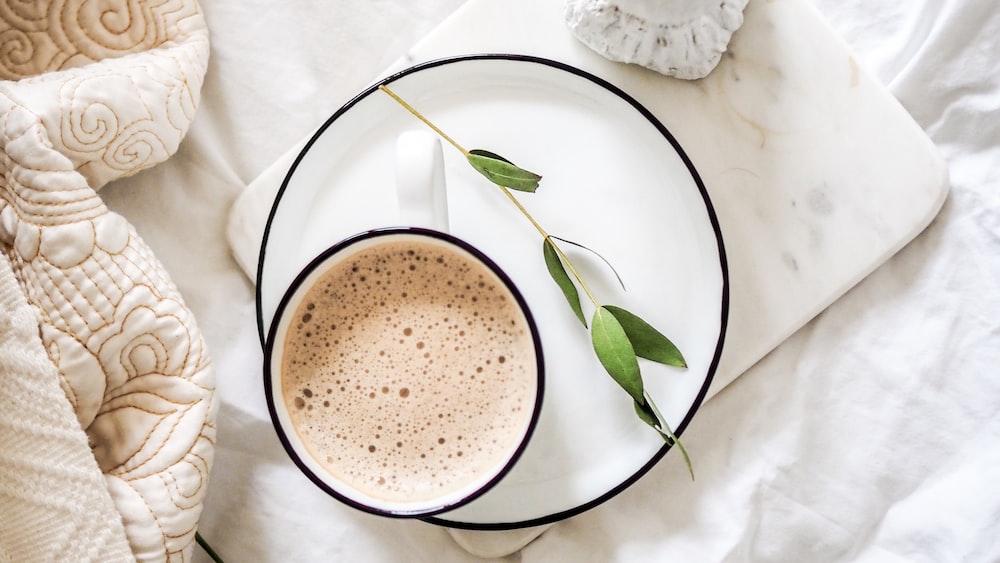
Understanding the Caffeine Content in Boba Tea
Balancing on the high wire of caffeine content, Boba tea dances between two worlds. It contains less caffeine than your standard turbo-charged espresso but still puts on a stronger performance than your decaf cappuccino.
On average, a serving of boba tea can feature around 20-50 milligrams of caffeine. It’s a moderate amount, delivering a mild zing of caffeine buzz without sending your heart on a high-speed caffeine rollercoaster ride. But remember, this is strictly on an average basis; actual caffeine content in boba tea can vary!
Factors Influencing the Caffeine Content in Boba Tea
Crafting a boba tea is like conducting a symphony; every element plays a crucial role. In this case, the conductor of caffeine content in your jazzy boba ballet is influenced by a multitude of factors.
The Type of Tea Used
The melody for our boba opera is set right at the beginning: with the selection of tea. From the delicate white tea and verdant green tea to the robust black and oolong teas, each variation brings along its own caffeine concentration.
Generally, black tea boasts a higher caffeine scale, followed by oolong, green, and white tea. But brew with care, tea lovers! Remember, even within these broad categories, the caffeine content can deviate dramatically based on varietal, processing technique, and growing conditions.
So, the next time you find the dilemma “to boba or not to boba” buzzing in your head, fear not! The enticing world of boba tea offers ample room for customization, and the key to understanding your boba drink’s caffeine content lies in the awareness of these factors. Time to sip up!
The Amount of Tea Used
You know what they say, the more, the merrier. But does this adage hold water when it comes to the potential caffeine content in your beloved boba tea? Well, the amount of tea used can supposedly impact the caffeine level.
Think of it this way – each nugget of tea carries an invisible backpack of caffeine. Therefore, the more tea leaves you involve in your concoction, the higher the army of caffeine soldiers ready to jump-start your day!
However, this method of amplifying caffeine content isn’t foolproof – it might result in a strong-tasting boba drink. It’s a bit like inviting too many people to a party – you may end up with a crowded, chaotic tea party in your mouth (talk about tea for thought)!
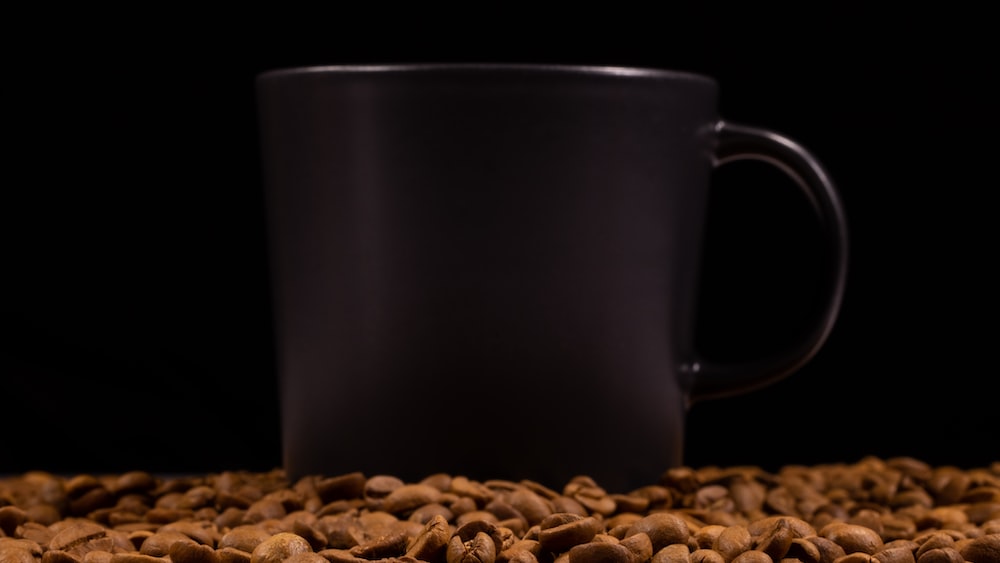
The Length of Steep Time
Steep time matters, folks! Similar to soaking in a tub after a long tiring day, the longer you allow the tea leaves to bask in hot water – inevitably, the more caffeine they’re going to release.
This isn’t an open invitation to steep your tea for an eternity, hoping to achieve diabolical levels of caffeine. There’s a catch – increased steep time could lead to a bitter brew. It’s like binging on a series. Sure, you could marathon the new season of your favorite show in one sitting, but isn’t there a point where too much of a good thing leaves a bitter taste in your mouth?
The Water Temperature While Steeping
How many of you tea enthusiasts have pondered whether the trusty kettle temperature has a role to play in caffeine extraction? Buckle up, for we’re about to dive into some hot water!
In essence, heat acts as a caffeine siren, luring it out from the somnolent depths of your tea leaves. The hotter the water, the quicker caffeine packs its bags and embarks on a gala adventure into your cup.
However, much like a sensitive swooning Victorian heroine, black tea and green tea leaves are prone to ‘burning’. Using boiling water might not only lead to a bitter tea but cause the delicate flavors to swoon away dramatically!
Comparing Caffeine Levels in Different Types of Boba Tea
Strap on your caffeine detective glasses, folks! It’s time to sleuth around and compare the caffeine levels in different types of your beloved boba tea. From the robust black tea boba to the fruity escapades of fruit tea boba, does the type of tea play a decisive role in that energizing caffeine punch? Let’s find out!
Black Tea Boba
Ah, black tea boba, the dark horse in the boba tea family! Renowned for its robust flavor, this invigorating drink punches in with an impressive caffeine count. Versailles has its Sun King, and the ‘Caffeine Kingdom of Boba’ boasts the Black Tea Boba!
Per serving, you’re looking at approximately 30-60 milligrams of caffeine. It’s a bit like hiring a slight regiment of caffeine soldiers to perk up your day. But beware, the intrigue lies in the balance – too much of this mighty brew and you might be bouncing off the walls!
Black Tea Boba is a robust and invigorating drink that packs a punch with its impressive caffeine content of 30-60 milligrams per serving, providing a slight regiment of caffeine soldiers to perk up your day, but be cautious not to consume too much and end up bouncing off the walls.
Green Tea Boba
On to its more subdued cousin, the green tea boba. With the elegance of French courtiers, these green tea leaves pirouette in your cup to produce a serving with an estimated 20-45 milligrams of caffeine.
Green tea boba is the equivalent of a gentle nudge rather than a vigorous shake to wake you up. It’s the best of both worlds – the calm of green tea and the fun of chewy tapioca pearls. Kind of like going strawberry picking – you get the mindfulness of nature combined with the joy of a sweet-tasting reward!
Fruit Tea Boba
Fruit tea boba, the vibrant, flamboyant cousin in the boba tea family, could be a suitable drink if you’re hesitant to wade too deep into the caffeine ocean. Here’s why: fruit tea boba is usually an infusion of fruits in water, sometimes mixed with white or green tea.
The resulting caffeine content tends to be at the shallow end, ranging from negligible to about 15 milligrams per cup. It’s similar to catching a soft summer breeze compared to a windstorm – smooth and gentle!
Coffee Boba
Coffee Boba, the caffeinated titan of the boba clan, is, unsurprisingly, an excellent high-caffeine option for those with an insatiable adrenaline addiction.
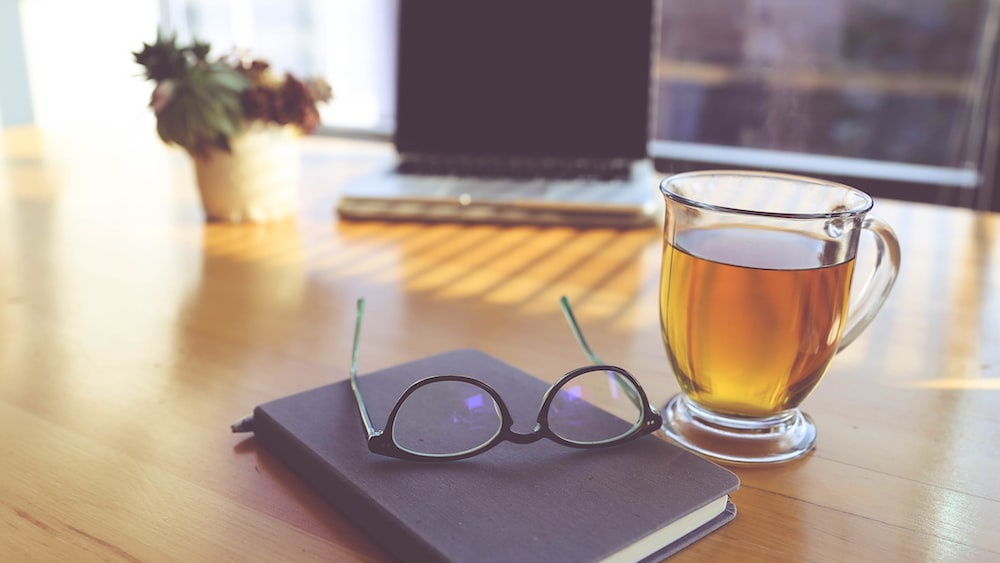
Typically concocted from coffee and sometimes combined with black tea, this particular variant swaggers in with a formidable caffeine range of 95 – 200 milligrams per cup. This is like inviting a team of sprinting caffeine athletes to a marathon in your system. Only embark on this caffeinated journey if you’re up for the thrill!
Boba Tea Vs Other Beverages: A Caffeine Comparison
Now that we’ve navigated the complex caffeine cartography of boba tea, it’s time to put these insights into context with other beverages. Ready to see how boba tea fares in the caffeine Olympics compared to its fellow competitors: coffee and soda? Onto the rings, you beverage gladiators!
Boba Tea Caffeine Vs Coffee Caffeine
Can you guess which one packs a bigger caffeine punch? If you answered coffee, you’d be right! But hold onto your teacup, because the race isn’t as one-sided as it seems. It transpires that while a standard cup of coffee typically contains around 95mg of caffeine, a cup of boba tea isn’t lagging far behind.
Boba tea, especially those made with black or green tea, packs a serious caffeine hit too. Depending on the type and quantity of tea leaves used, a cup of boba can contain anywhere from 30 to 50mg of caffeine. Fun fact – it’s said that the Taiwanese, the OG boba fans, prefer the caffeine kick of black tea boba to their morning cup of Joe.
Boba Tea Caffeine Vs Soda Caffeine
Now, let’s compare our beloved boba to soda. While soda does contain caffeine, its levels are typically much lower. Your average can of soda contains about 20 to 40mg of caffeine, less than half the caffeine content found in the same amount of boba tea.
Sure, soda might come in a rainbow of flavors, but it’s really just the boba tea’s less-caffeinated, fizzier cousin. And let’s not forget about the visceral joy that tapioca pearls’ unique texture provides over the boring uniformity of soda’s carbonation. Talk about a one-sided contest, eh?
But, don’t start celebrating with boba showers just yet. While boba tea might beat soda in the caffeine race, remember, it is also sweeter. Some might say it’s the sweetness that balances the boba tea’s robust caffeine content. A dance of ying and yang, if you will, in a cup of this delightful Taiwanese beverage.
Boba tea has a higher caffeine content than soda, making it the more energizing option, but it is also sweeter, so it’s all about finding the right balance.
FAQs
1. Does the flavor of boba tea affect its caffeine content?
The flavor of boba tea can indeed affect its caffeine content. Flavors incorporating tea such as green or black tea contain more caffeine than fruit-based boba teas.
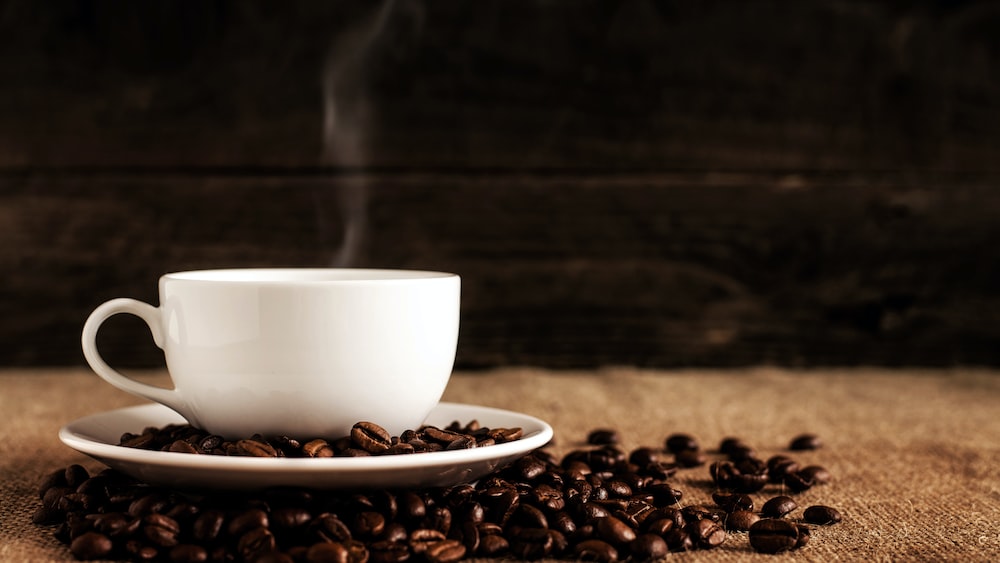
2. Are there any caffeine-free versions of boba tea?
Yes, there are caffeine-free versions of boba tea available. These are typically fruit-infused teas or milk-based boba teas with no actual tea leaves used.
3. How does the caffeine content in boba tea compare to other popular beverages?
Compared to other popular beverages, the caffeine content in boba tea is higher than that in sodas but lower than in coffee.
4. Is it safe for children and pregnant women to consume boba tea?
When it comes to the safety of consuming boba tea, it really depends on the individual. While the caffeine content isn’t dangerously high, it might be wise for children and pregnant women to consume it in moderation.
Conclusion
So there you have it, folks! We’ve undressed boba tea and revealed its caffeine content for all to know. As invigorating as our trusted cup of Joe and full of textural delight, this Taiwanese superstar is more than just a sweet treat.
It’s the dance of caffeine and sweetness, an ace up your sleeve when you need a quick pick-me-up. The versatility of boba tea, and its cunning variation in caffeine content, makes it a fascinating beverage that fits your every mood.
So, whether you’re reaching for a black tea boba on a groggy morning, or cozying up with a caffeine-free fruit tea boba for a late afternoon treat, remember – there’s a whole world in each of those little pearls. As they say in Taiwan, gānbēi – cheers to your next cup of boba goodness!
Until our next tea-venture, take care and keep bobbin’! Love, Zoe.

